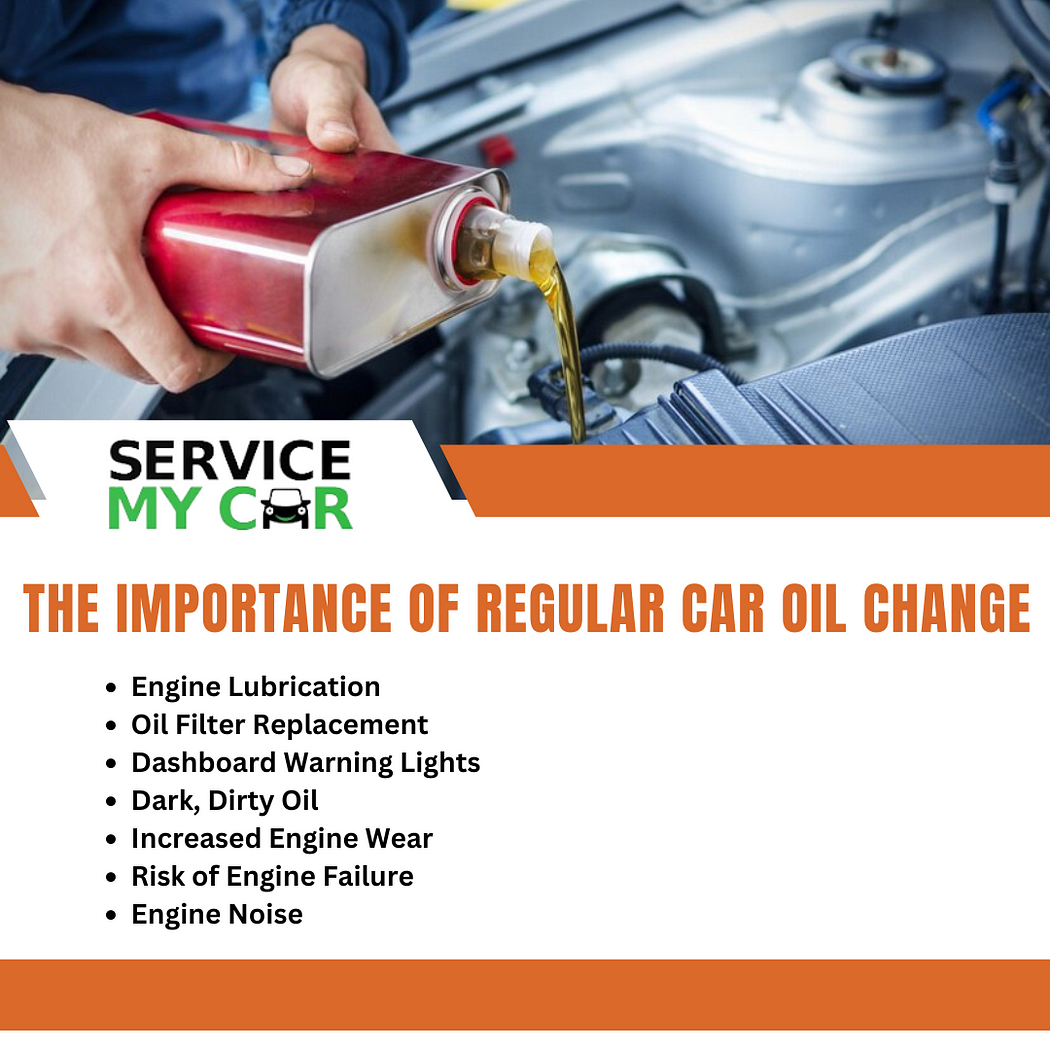
Maintaining a vehicle goes beyond the occasional wash and tire check; it involves a commitment to regular upkeep, with one of the most critical aspects being oil changes. Many drivers overlook this simple yet crucial maintenance task, unaware of its profound impact on their vehicle’s longevity and performance. Here’s why regular oil changes should be a non-negotiable part of your vehicle maintenance routine.
Engine Lubrication and Heat Management

At the heart of every car engine lies a network of moving parts that operate at high speeds and temperatures. Engine oil plays a pivotal role in keeping these components lubricated. As the oil circulates through the engine, it forms a protective layer that reduces friction between parts, minimizing wear and tear. Moreover, oil helps manage engine heat by carrying away heat from the combustion process, preventing overheating and potential damage.
Cleansing and Preventing Build-Up

Over time, engine oil accumulates dirt, debris, and other contaminants. This accumulation can turn the oil into a sludgy substance that compromises its ability to lubricate effectively. Regular oil changes ensure that your engine stays clean and free of harmful deposits, preserving its efficiency and performance.
Optimizing Engine Performance and Fuel Efficiency

Fresh oil contributes to optimal engine performance. It helps maintain the engine’s smooth operation, ensuring that all components work together seamlessly. A well-lubricated engine is also more fuel-efficient, as it experiences less resistance and operates more effectively. Neglecting oil changes can lead to decreased fuel efficiency over time, costing you more at the pump.
How Often Should You Change Your Oil?

The frequency of oil changes varies depending on several factors, including your vehicle’s make and model, driving habits, and environmental conditions. Most manufacturers recommend changing oil every 5,000 to 7,500 miles under normal driving conditions. However, this interval may need adjustment for severe driving conditions such as frequent short trips, towing heavy loads, or driving in extreme temperatures.
Signs Your Car Needs an Oil Change

Recognizing the signs that your car needs an oil change is crucial to preventing potential engine damage. Keep an eye out for:
Dashboard Warning Lights: The oil pressure or oil change indicator light illuminating on your dashboard.
Engine Noise: Unusual engine noises like knocking or ticking, which may indicate inadequate lubrication.
Dark, Dirty Oil: Checking your oil regularly and noticing dark or gritty oil suggests it’s time for a change.
Consequences of Delaying Oil Changes

Delaying or neglecting oil changes can lead to severe consequences, including:
Increased Engine Wear: Without proper lubrication, engine parts can wear out faster, potentially leading to costly repairs.
Decreased Performance: A lack of clean oil can hinder your engine’s performance, affecting acceleration and responsiveness.
Risk of Engine Failure: Over time, old and dirty oil can cause serious engine damage, leading to complete engine failure in extreme cases.
The Oil Change Process

When it comes time to change your oil, consider these steps:
Choosing the Right Oil: Consult your owner’s manual or a trusted mechanic to determine the best oil type (conventional, synthetic, or blend) for your vehicle.
Oil Filter Replacement: Always replace the oil filter when changing the oil to ensure optimal filtration and performance.
Professional vs. DIY: While changing your own oil can save money, professional service ensures proper disposal of old oil and adherence to manufacturer recommendations.
How Service My Car Assist You?
Wondering if it’s time for a check-up? Service My Car offers a comprehensive car vehicle check to ensure your ride is in top-notch condition. From engine performance to tire tread, our experts meticulously inspect every aspect, giving you peace of mind on the road. Don’t let uncertainties linger—schedule your car’s check-up today and drive with confidence knowing it’s been thoroughly serviced by professionals who care about your safety and satisfaction.
Conclusion
Regular oil changes are a fundamental aspect of vehicle maintenance that should not be overlooked. By prioritizing this simple task, you can prolong your engine’s life, maintain optimal performance, and save on potential repair costs down the road. Whether you rely on a professional service or choose to DIY, investing in regular oil changes is an investment in the longevity and reliability of your vehicle.

